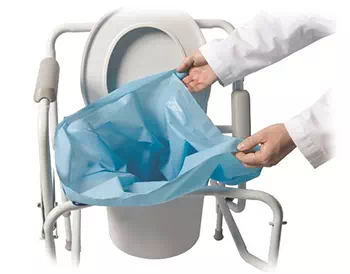 Waste Reduction Overview
Waste Reduction Overview
Across the whole range of commercial and industrial sectors, healthcare facilities, particularly hospitals, generate one of the most diverse and difficult to manage waste streams. In addition to the usual types of solid waste, a typical hospital generates a variety of hazardous, infectious, and radioactive wastes, sometimes separated into manageable streams, sometimes unavoidably mixed. Moreover, while industrial facilities can generally control and train the personnel who might come in contact with the waste they handle, hospitals must remain open to a constant stream of patients, visitors, and others, whose well-being must be safeguarded.
Elsewhere on this website, you can find detailed descriptions of the regulations that apply to various healthcare facility waste streams. But it can often be advantageous to go beyond simply following the rules. By finding ways to avoid generating waste in the first place, or by finding materials that present fewer problems after they have served their functions, healthcare facilities can decrease their environmental impact while simultaneously reducing their operating costs.
Much work has already been done analyzing waste streams and developing approaches to waste reduction. Rather than reinventing the wheel, this section of the website provides a portal to available and proven procedures and methods that are being implemented at healthcare facilities to reduce the quantity of waste products that are generated and discarded.
Use the following links to access waste reduction topics:
-
Specific Materials



